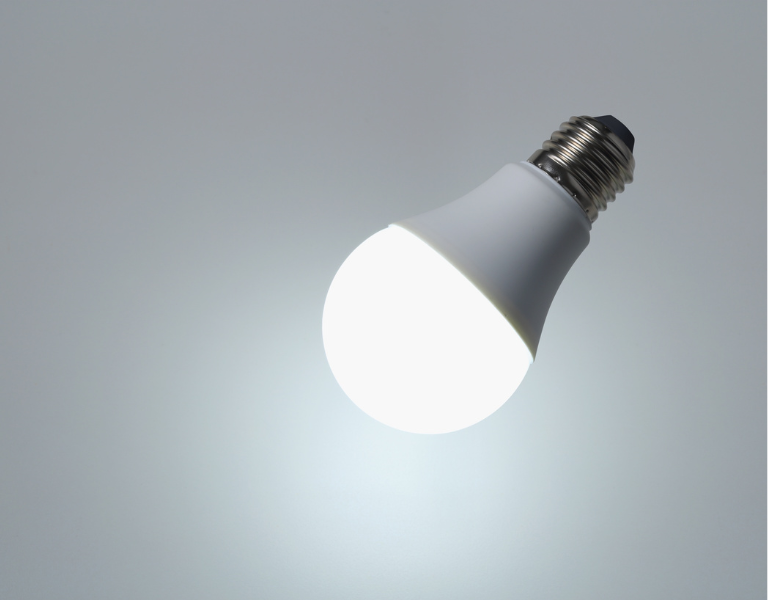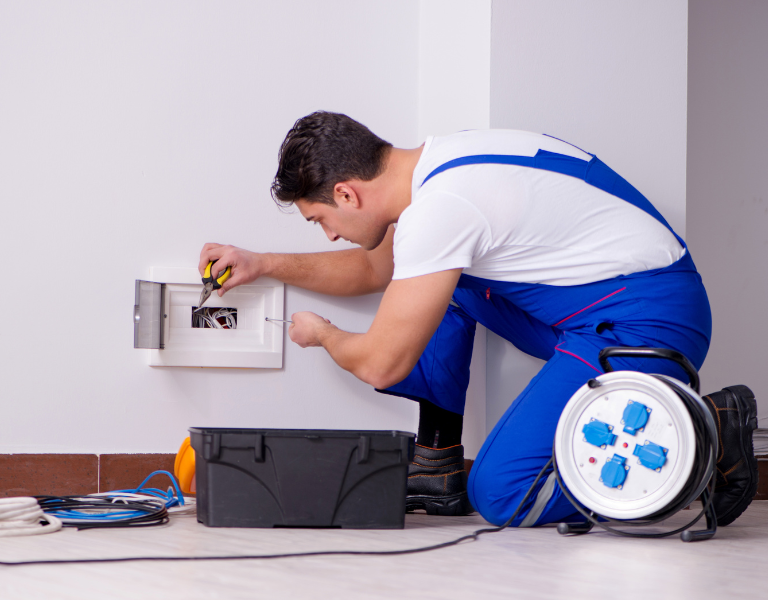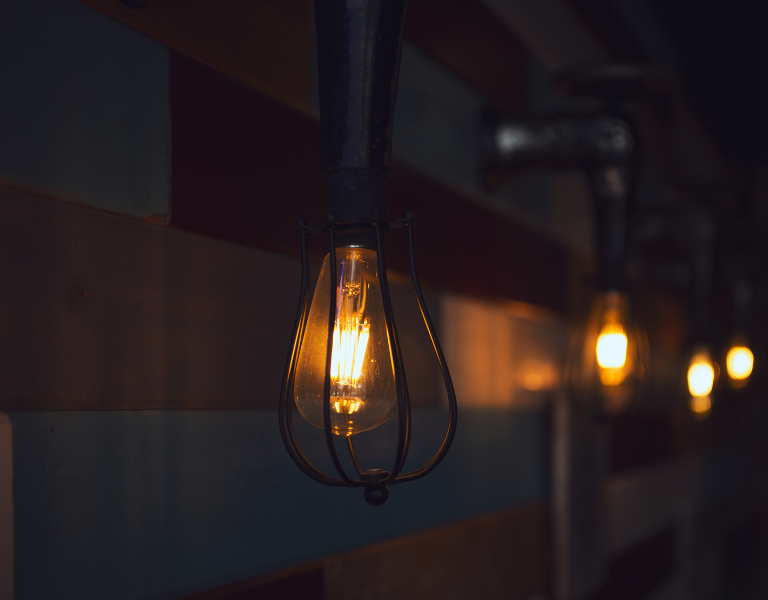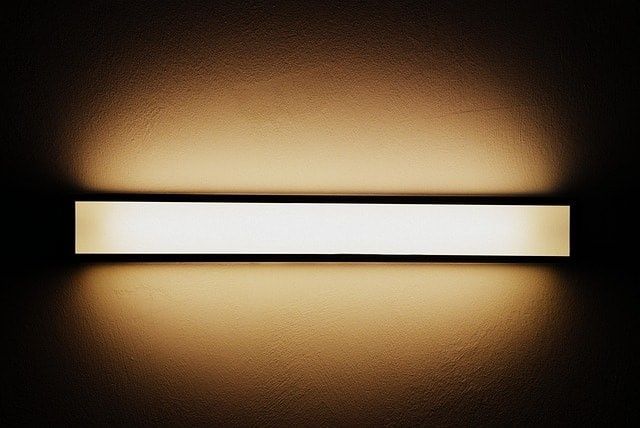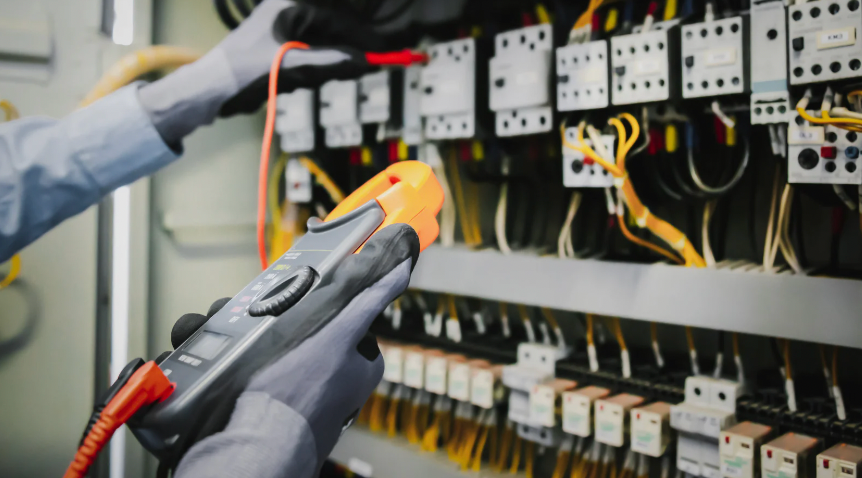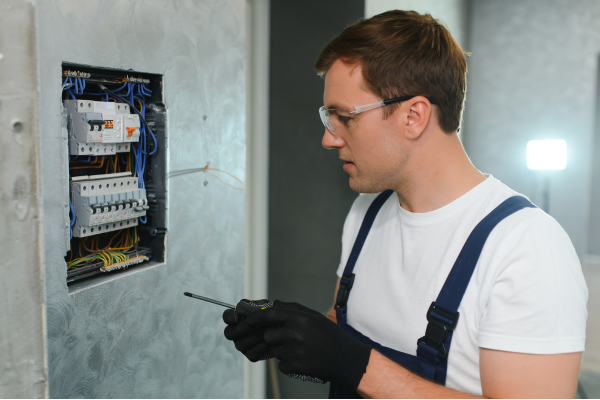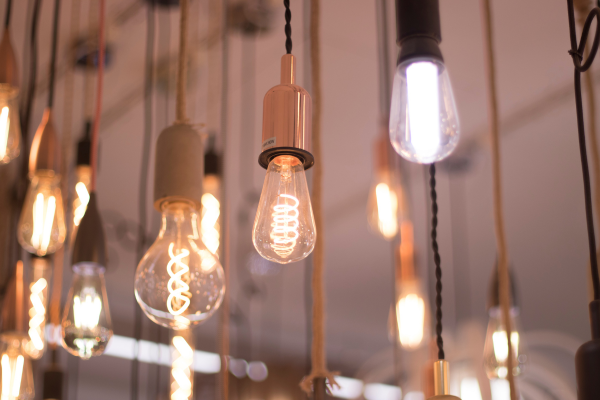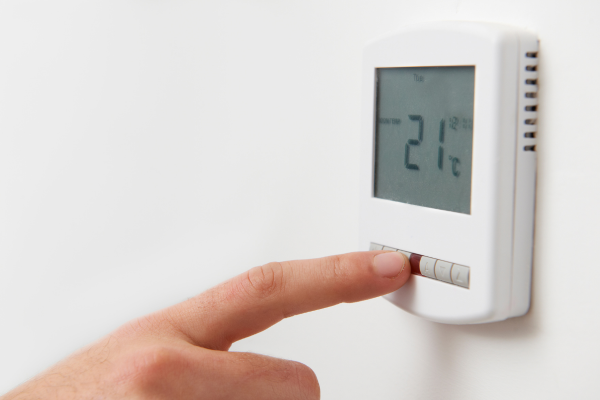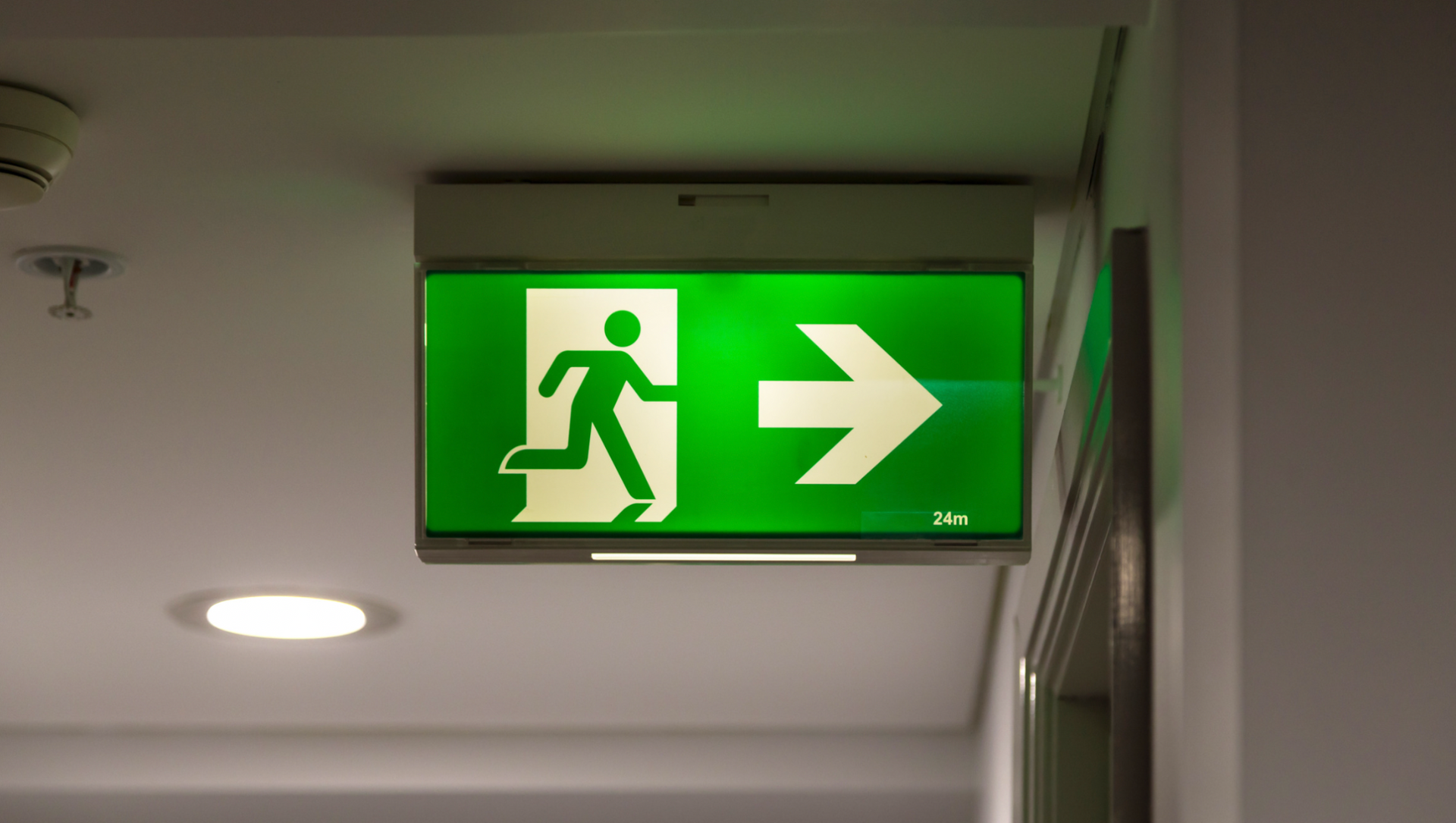Emergency Electrical Repairs: Power Outage Guide
Emergency Electrical Repairs: What to Do When the Power Goes Out
Introduction
In the face of an electrical emergency or power outage, knowing what steps to take can mean the difference between safety and risk. This article provides a comprehensive guide on handling emergency electrical repairs and navigating through power outages. From understanding electrical systems to prioritising safety measures, you'll find everything you need to stay prepared and protected during unforeseen circumstances.
Understanding Electrical Emergencies
When faced with an electrical emergency, it's crucial to remain calm and take immediate action to mitigate risks. Here's what you need to know:
Electrical emergencies can be daunting and potentially dangerous situations that require prompt attention and careful handling. Whether it's a sudden power outage, exposed wires, or a malfunctioning electrical system, being able to recognise and respond to these emergencies appropriately is crucial for safety. Let's delve into the key aspects of understanding electrical emergencies:
Identifying Signs of Danger:
The first step in dealing with electrical emergencies is being able to identify signs of danger. These may include sparks, smoke, burning odours, or unusual sounds emanating from electrical outlets or appliances. If you notice any of these warning signs, it's essential to act swiftly and cautiously to prevent further complications. If you’re using a smart thermostat like Hive, a power outage might disrupt its settings or connectivity. Here’s a helpful guide on how to reset your Hive thermostat and resolve common issues after an outage.
Assessing the Situation:
Once you've identified a potential electrical emergency, the next step is to assess the situation carefully. Determine the severity of the issue and whether it poses an immediate threat to your safety or property. If the situation is beyond your control or expertise, do not attempt to intervene and seek professional help immediately.
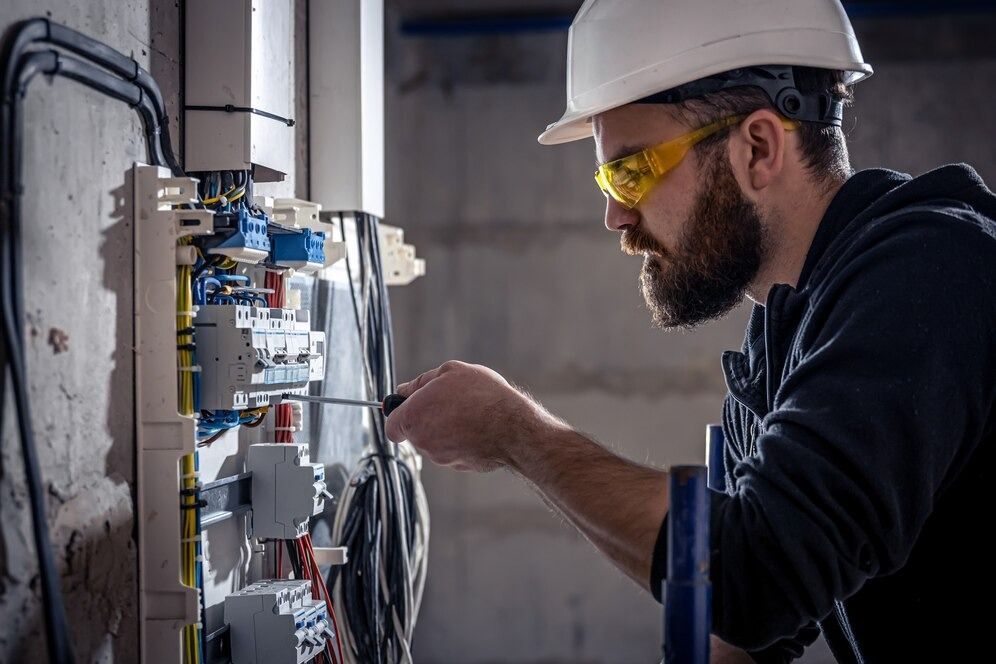
Safety Precautions:
Safety should always be the top priority when dealing with electrical emergencies. If you suspect a problem, avoid direct contact with electrical appliances, outlets, or wires. Additionally, never attempt to extinguish electrical fires with water, as this can result in electric shock or further damage. Instead, use a fire extinguisher specifically designed for electrical fires or evacuate the premises and call emergency services.
Seeking Professional Assistance:
In many cases, electrical emergencies require the expertise of a qualified electrician to diagnose and resolve the issue safely. If you're unsure how to handle the situation or if it involves complex electrical systems, don't hesitate to contact a professional for assistance. Attempting DIY repairs without the necessary knowledge and experience can lead to serious injuries or damage.
Preventive Measures:
While it's essential to know how to respond to electrical emergencies, preventing them in the first place is equally important. Regular maintenance of electrical systems, prompt repair of damaged wiring or outlets, and the use of surge protectors can help minimise the risk of electrical hazards and emergencies.
Handling Power Outages
Power outages can disrupt daily life and pose challenges, but with the right preparation and response, you can navigate through them effectively. Here's a comprehensive guide on handling power outages:
Safeguarding Electrical Equipment:
During a power outage, it's crucial to protect your electrical appliances and devices from potential damage caused by power lines surges when the overhead electricity lines are restored. Unplug sensitive equipment such as computers, TVs, and gaming consoles to prevent them from being affected by voltage fluctuations.
Utilising Emergency Kits:
Prepare an emergency kit that includes essential items such as flashlights, batteries, a wind-up radio, and non-perishable food items. These supplies will help you stay informed, connected, and comfortable during prolonged power outages.
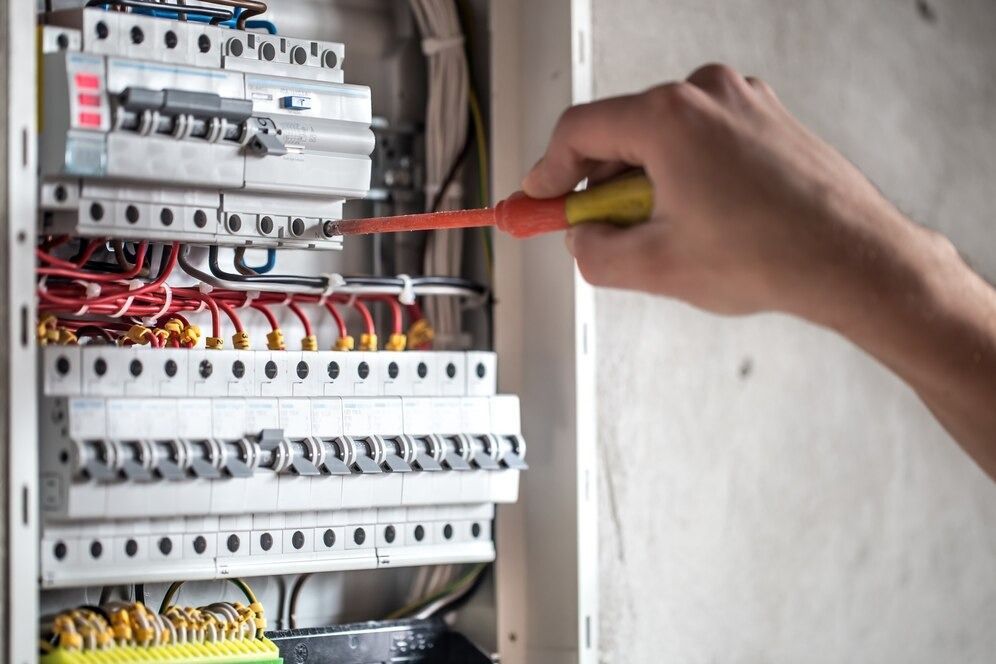
Prioritising Safety Measures:
Ensure the safety of yourself and your family members by following these safety precautions during outage:
- Use flashlights or battery-operated lanterns instead of candles to avoid fire hazards.
- Avoid using gas-powered generators indoors to prevent carbon monoxide poisoning.
- Keep refrigerator and freezer doors closed to maintain food freshness and prevent spoilage.
- If using a generator, ensure it's installed and operated according to manufacturer guidelines to prevent accidents.
Staying Informed:
Stay updated on the latest developments and restoration efforts during outages by:
- Following local news channels or radio stations for updates.
- Checking social media platforms for announcements from local authorities and utility companies.
- You can sign up for text or email alerts from your energy provider to receive real-time notifications about power outages in your area.
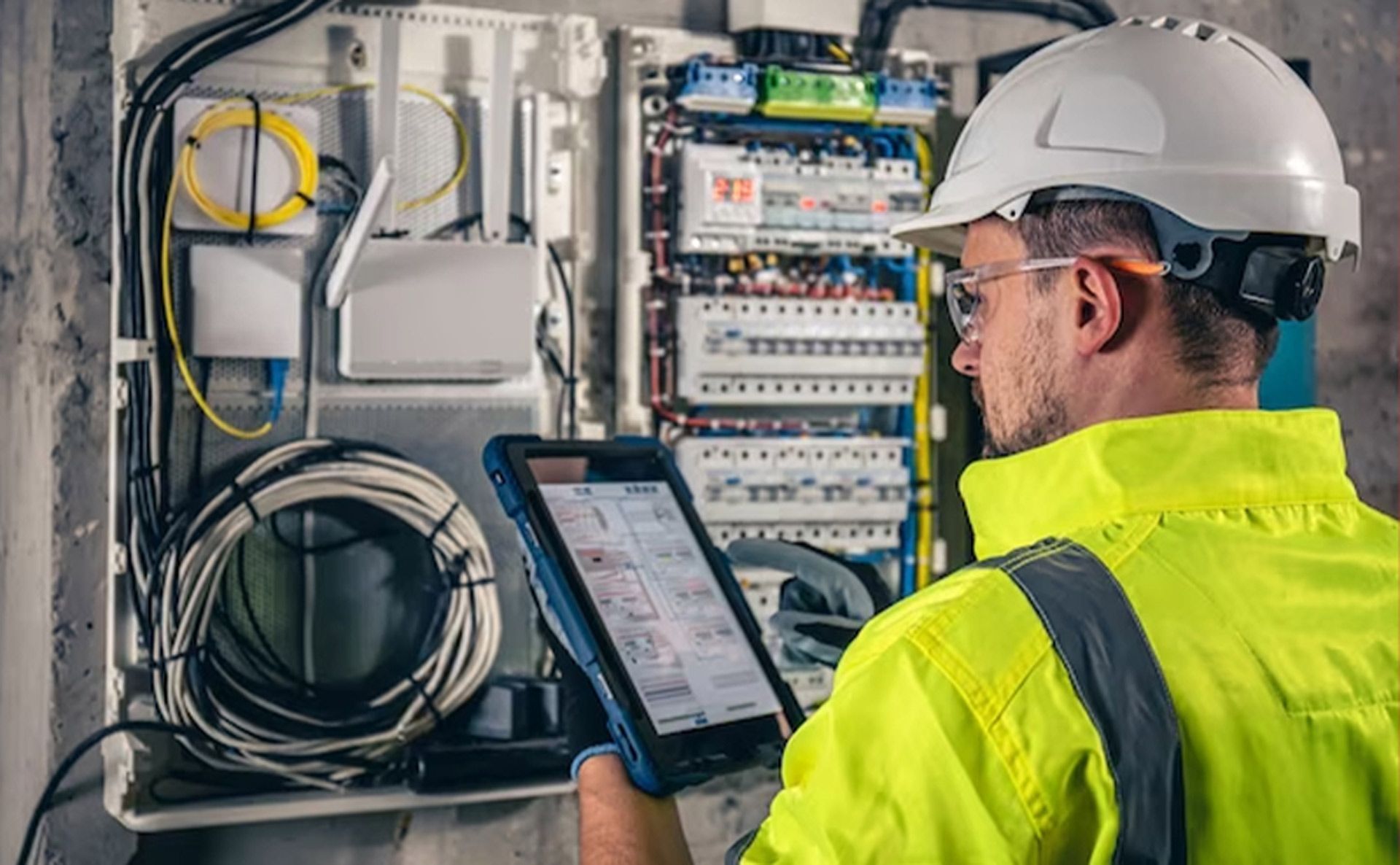
Assisting Vulnerable Individuals:
Check on elderly neighbours, individuals with medical conditions, and those who may require assistance during power outages. Offer support and help them access community resources if needed, such as designated cooling centres or emergency shelters.
Reporting a Power Cut
In the event of a power cut, prompt reporting is essential to facilitate swift restoration of electricity and ensure community safety:
Contacting Energy Networks
Report power outages to your local energy network operator to receive updates on restoration efforts and prioritise assistance to vulnerable individuals through the Priority Services Register.
What should I do if I smell gas during an outage?
If you smell gas, evacuate the premises immediately and contact your gas provider and emergency services.
How can I stay informed about local updates during an outage?
Follow local authorities and energy network operators on social media platforms for real-time information.
What safety measures should I take if I encounter exposed wires?
Avoid touching exposed wires and immediately notify a qualified electrician to address the issue.
Is it safe to use electrical appliances during an outage?
Using electrical appliances during an outage can pose risks of electrical shock or fire. It's advisable to refrain from using them until power is restored.
How do I check if an outage is affecting other houses in my area?
Observe street lights and neighbouring houses to determine if the power outage is localised or widespread.
What should I do if I experience power cuts while using electrical equipment?
In the event of sudden power cuts while using electrical types of equipment, switch off the equipment to prevent damage from power surges when the electricity is restored.
Conclusion
Navigating through emergency electrical repairs and power outages requires preparedness and vigilance. By understanding the steps to take during unforeseen circumstances and prioritising safety measures, you can safeguard yourself and your loved ones from potential risks. Remember to stay informed, stay safe, and prioritise professional assistance when needed.

